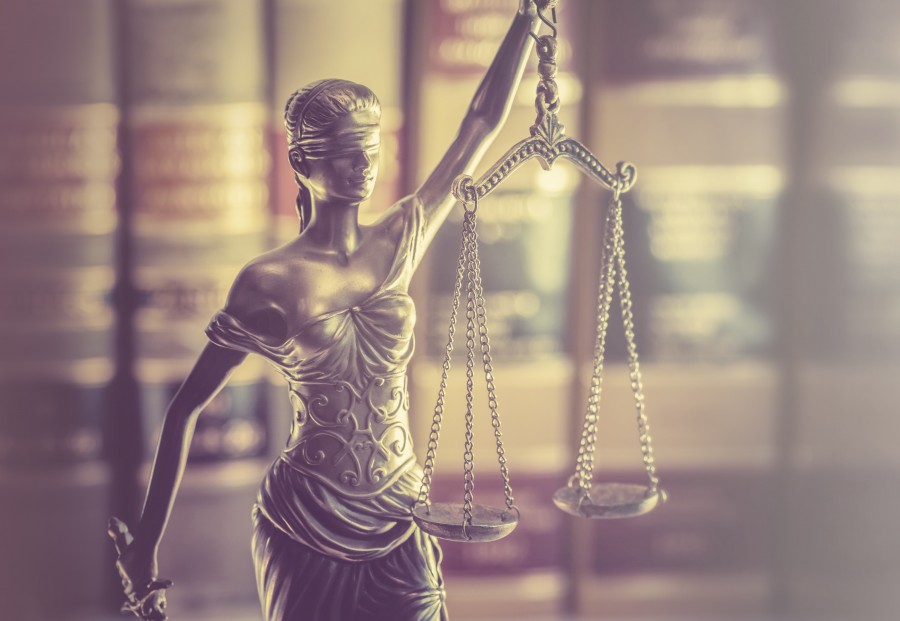20.10.2022

Pursuant to the article 299 of the Commercial Companies Code (hereinafter: “c.c.c.”), a board member is liable for the obligations of the company if enforcement against the company proves to be ineffective.
This provision, although in force for many years in an almost unchanged form, still raises many doubts and is the subject of further rulings by common courts and the Supreme Court.
Member of the management board as defined in art. 299 c.c.c.
While the question of who is a member of the management board does not raise any doubts, the moment when this function starts does.
The responsibility of a board member is strictly connected with the period of his holding this position in the company.
It is currently accepted that the mere registration of a person as a board member in the National Court Register does not determine whether that person is liable under the terms of art. 299 c.c.c.
Thus, members of the management board of a company are liable for those debts which arose during their mandate, regardless of whether they were registered in the National Court Register or not.
How to avoid liability?
Although under art. 299 c.c.c. it is presumed that a board member is liable for the company's obligations, this liability can be avoided by proving the following circumstances.
Firstly, board members are liable for the company's debts existing at the time of their function.
Secondly, the way to avoid liability for damages to the company's creditors is to file a bankruptcy petition in due time.
While the question of the due time' is of course of an evaluative nature and will be considered on a case-by-case basis, it is assumed that the right time to file a bankruptcy petition is when the debtor is still paying some debts, but it is known that due to lack of funds it will not be able to satisfy all its creditors. According to the law, the time limit for filing such a petition is 30 days from the moment the company is unable to pay its due monetary obligations.
Thirdly, if a bankruptcy petition has not been filed on time, a board member may also demonstrate that they are not at fault in not filing it. Although a board member is required to have knowledge of the company's financial situation, there are cases in which it can be successfully proven that the failure to file a bankruptcy petition was through no fault of the board member. In practice, the lack of fault may relate to, inter alia, the following circumstances: holding the mandate of a management board member for a shorter period of time than that provided for the filing of a bankruptcy petition of the company or misleading the management board members as to the actual financial condition of the company.
Fourthly, if the bankruptcy petition was not filed on time, the management board may also demonstrate that the creditor did not suffer any damage because of this. In practice, this means that the board should show that the failure to file a bankruptcy petition did not reduce the creditor's ability to satisfy the company's assets. In other words, this premise refers to a situation in which, even if a bankruptcy petition had been filed in due time, the claim would not have been satisfied or would have been satisfied to the same extent.
Proving that despite the failure to file a bankruptcy petition, the creditor has not suffered any damage relieves the member of the management board from liability. However, this circumstance should be proven by the board member himself – the defendant.
Therefore, despite the existence of a presumption of liability of management board members under Article 299 c.c.c., the demonstration by persons holding these functions of any of the above-mentioned exonerating prerequisites will make it possible to avoid liability for damages.